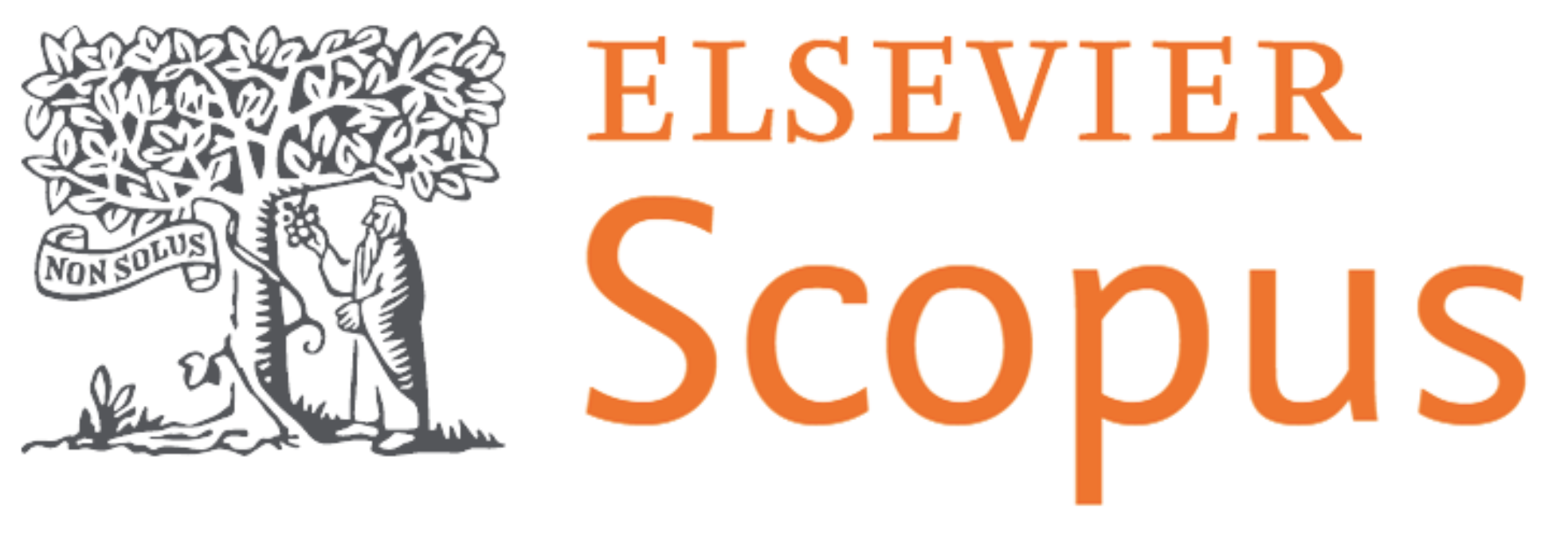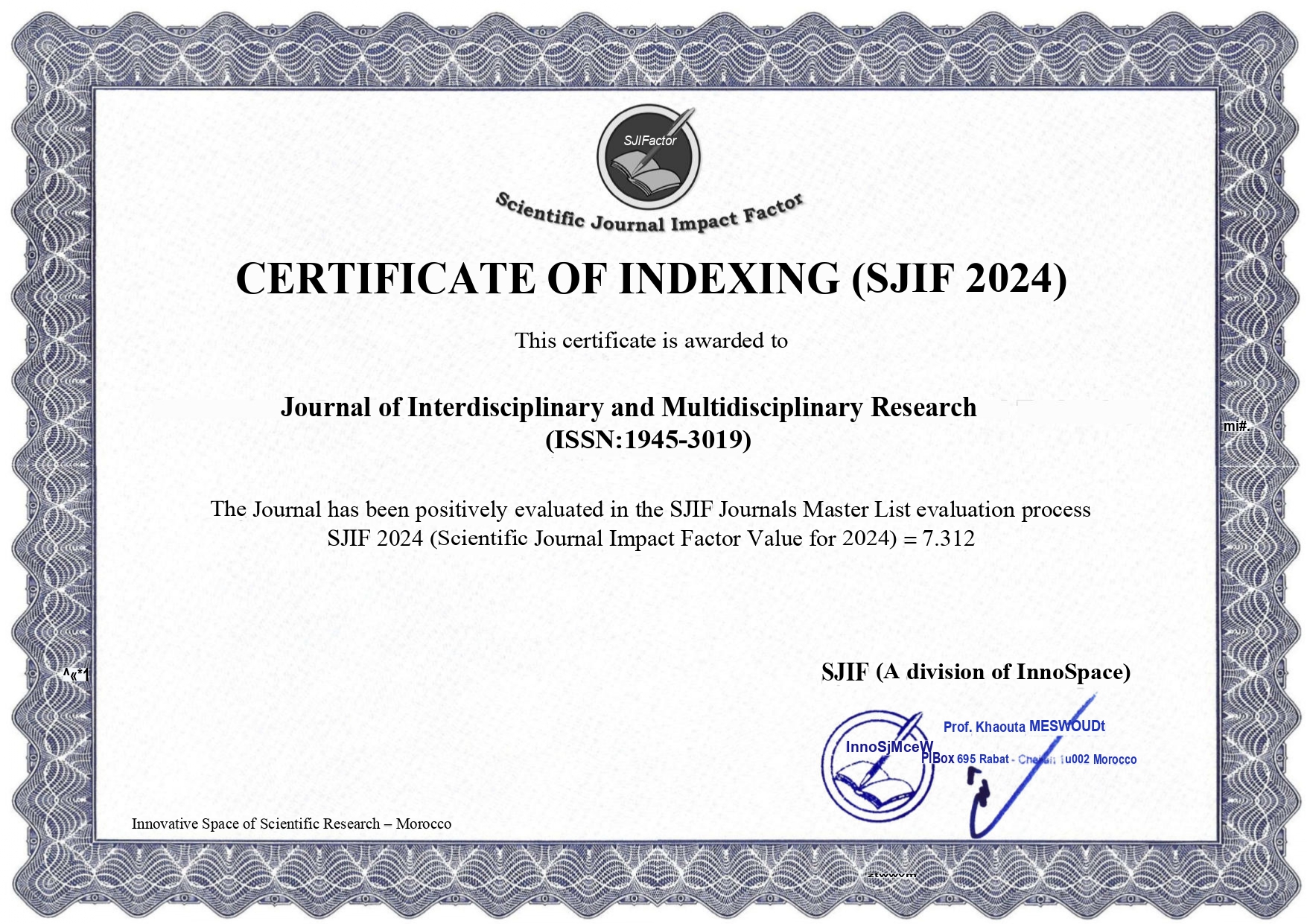Conservation of indigenous donkey breeds of Ethiopia: A review
Keywords:
Indigenous Donkey, Genetic Diversity, Conservation, EthiopiaAbstract
The donkey is indigenous to the African continent and its wild progenitor is usually considered to be the Nubian wild ass. Domestic donkeys are the least studied and neglected mammals of the world. Ethiopia has one of the largest donkey populations in the world and nearly possesses 40% of Africa's equine population. Ethiopia is also considered as a home to a considerable number of indigenous donkey populations. Livestock is considered to be the backbone of the national economy and donkey plays an important role in it. However, despite of these factors indigenous donkey has received very little scientific attention. This has led to erosion to the indigenous donkey genetic resources of the country. Donkey have been given the least attention and remained marginalized in the national agricultural research systems and livestock development programs in Ethiopia. Moreover, donkeys are still not widely accepted as farm animals. The current state of knowledge on breed level characterization information is inadequate, and generates low level of research interest on conservation of donkey genetic resources. As a result, the loss and/or decline of genetic diversity contributes major problem towards developmental interventions. Donkeys are one of the major sources of draught power, transport, fuel and security for the family in crisis. In Ethiopia there is a saying among farmers that "Without a donkey, my wife and I become the donkeys". This signifies that how heavily rural people had to depend on donkey. Therefore, there is an urgent need to focus attention on proper characterization and serious efforts for the conservation of the indigenous donkey genetic resources.Published
2025-01-28
Issue
Section
Articles
How to Cite
Conservation of indigenous donkey breeds of Ethiopia: A review. (2025). Journal of Interdisciplinary and Multidisciplinary Research, 9(11), 13-22. https://jimres.org/index.php/jimres/article/view/69






